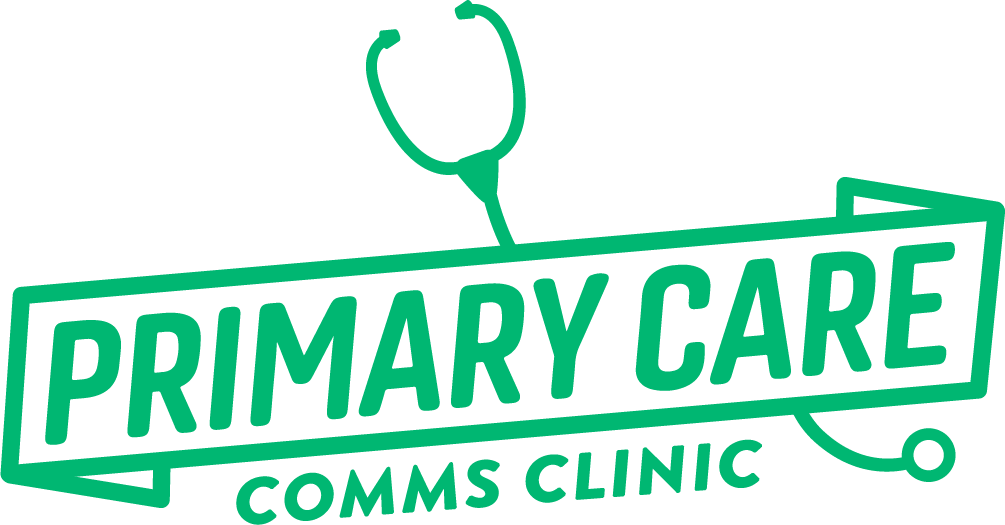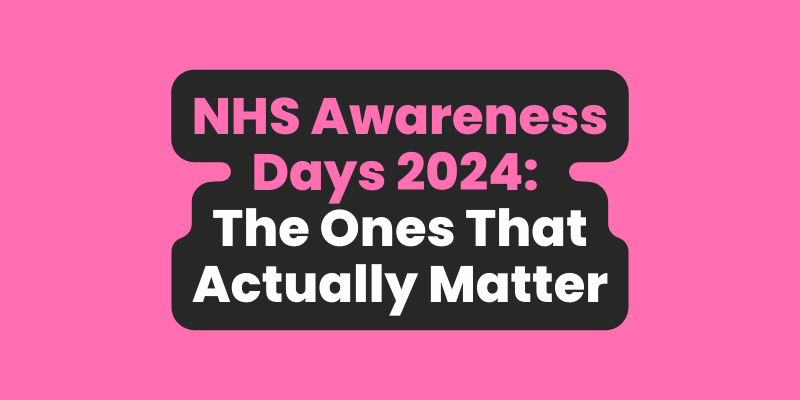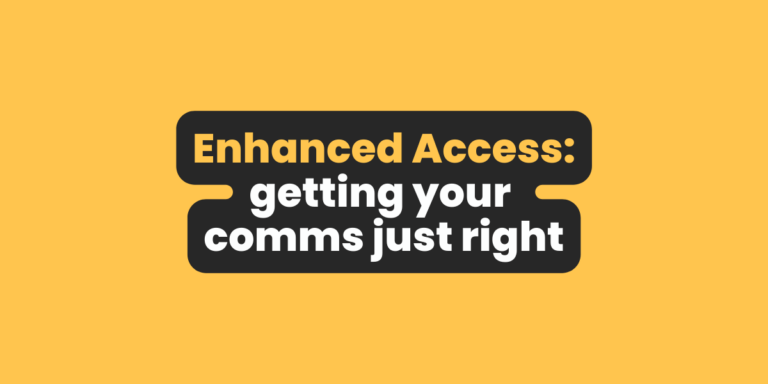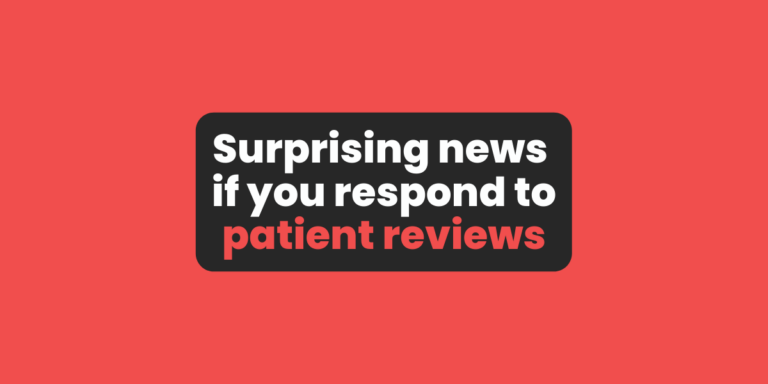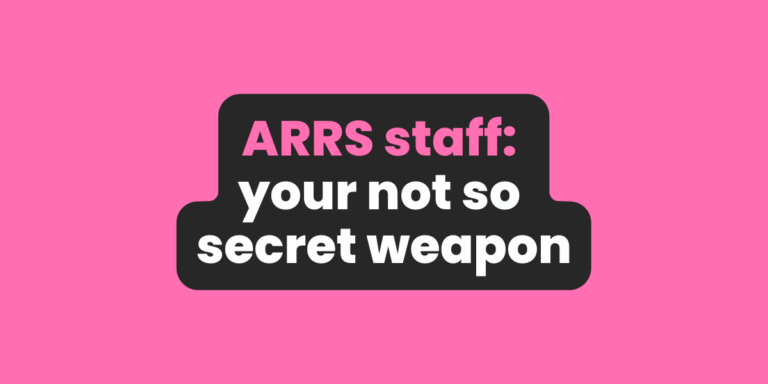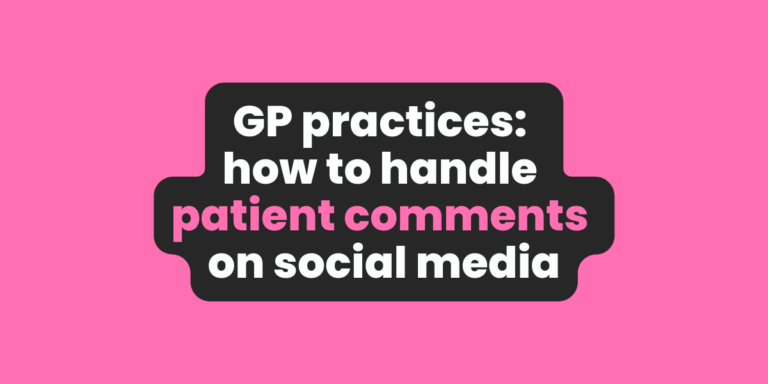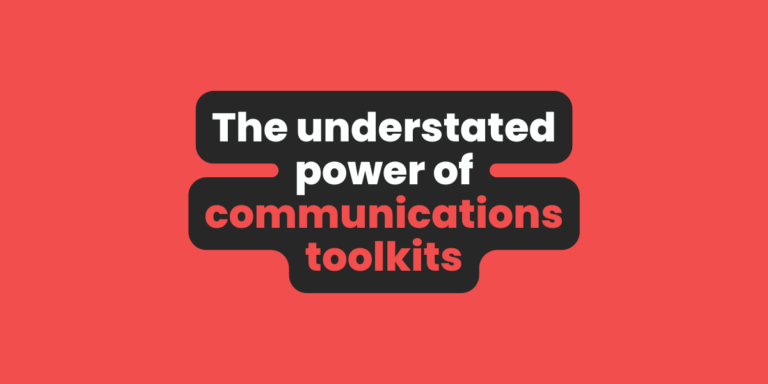Generating awareness about medical conditions in primary care is a tough nut to crack.
Public health experts in the NHS work tirelessly to raise awareness about everything from diabetes prevention to mental health. But it’s hard to make an impact with 24/7 rolling news and endless entertainment.
That’s where NHS awareness days come in. Like a bright spotlight, they cut through the fog, illuminating an important topic you want to educate your patients about.
In 2024, GP practice teams can boost public health and disease prevention within their community by creating an awareness days calendar. You generate recognition around the key health issues affecting your community by selecting the right awareness days, maximising your communication channels, offering unique content, and leveraging the trust factor.
One of the best ways to do this is via our GP Comms Toolkit of course but this article provides GP practice teams with actionable insights on research, preparing and utilising the most relevant NHS awareness days in 2024.
How to research and select the right awareness days
When it comes to picking the right NHS awareness days for your GP practice or primary care network, it’s all about doing your homework and finding what fits best for your patient population. Think of it like matching a puzzle piece – you want it to fit just right and relate to the people you serve.
Not sure where to begin? You’re not alone. Here are some starting points to help spark your ideas:
- Explore NHS official calendars: Use these as a primary resource to find nationally recognised health awareness days and events.
- Consult reputable healthcare sources: Engage with credible medical journals, health news websites, and public health organisations like your ICB for detailed insights on various health topics.
- Gather community feedback: Conduct surveys, hold focus groups, or use social media polls to learn what health issues are most relevant or pressing for your local community.
Of course, there’s also your secret weapon: the GP Comms Toolkit from Primary Care Comms Clinic. Built as an all-in-one arsenal for GP practice communication, you can access over 100 comms and social media resources to help you easily plan health content throughout 2024.
But remember, just because an awareness day is listed doesn’t mean it’s the right fit for your practice. Think about what your team is good at and what your patients are into. If you’re still struggling to generate new ideas, consider these tips:
- Match awareness day themes with your practice’s areas of expertise. For example, if you have a young people’s mental health practitioner attached to your practice, Youth Mental Health Day on 19 September would be a great awareness day to get behind.
- Choose awareness days relevant to the common health concerns of your patient population. An obvious one to choose for primary care networks in areas with high deprivation and lots of non-medical issues could be Social Prescribing Day on 14 March so you can shine a light on the amazing work of your social prescribing link workers.
- Select days that address health issues frequently brought up by your patients. Sleep problems are a common issue we see in general practice, so why not ask your advanced nurse practitioners to share some top tips for catching forty winks on World Sleep Day on Friday 15 March?
- Pick awareness days that align with prevalent long-term health issues in your community. If you’ve got a high number of patients living locally with diabetes, World Diabetes Day on 14 November is one to keep in mind. List how many registered patients you have registered with diabetes and some of the things the practice or primary care network is doing to support people with diabetes.
Most of all, prioritise days that allow for meaningful interactions across your GP practice and primary care network. That could be hosting an event with your first contact physiotherapists around managing back pain or sharing some eye-opening info about perimenopause from your advanced practitioners. Remember, you’re not just ticking a box; you’re trying to enact real change in your community.
How to maximise your communication channels
Social media is one of your go-to communication channels, right? It’s not surprising. With a built-in audience of billions, it’s probably the most effective communication technology in history.
Except: lots of patients won’t follow or see posts from your account, and older demographics – the ones most likely to benefit from health recognition in some cases – are much less likely even to use social media.
So, how do you spread the word in 2024?
First, there’s your website – the digital front door to your GP practice. Create an eye-catching banner for your homepage to what you’re talking about this month and link to a section of your site offering engaging information and resources.
By featuring engaging content, interactive elements, and timely updates, these new sections can continue educating your audience long after the initial recognition day. (And you can recycle some of the content for other days in your calendar.)
We just mentioned that generating awareness is more than ticking boxes; it’s about meaningful interactions. Go above and beyond your website by trialling some of these event ideas:
- In-practice events: Host educational sessions or workshops within the practice to directly engage patients and provide detailed information on specific health topics. Don’t be afraid to get your patient participation group involved, too.
- Patient newsletters: Utilise newsletters to regularly inform patients about upcoming awareness days, share health tips, and promote in-practice events. Create and host them on your website and have printed copies in your waiting room, too.
- Care coordinators: Employ care coordinators to personalise patient outreach, ensuring information about awareness days is effectively communicated to all segments of your patient population, including those seldom heard.
- Hire translators: Using translators to make contact and raise awareness about issues with groups who experience greater health inequalities, such as cervical screening in the Muslim community, can significantly increase engagement and understanding.
- Cultural sensitivity in communication: Tailor your messages and materials to be culturally sensitive, enhancing receptiveness in diverse patient groups.
Remember – you’re not alone in reaching your target audience. Your local community already has a network of organisations and institutions waiting for you to tap into who will likely welcome you with open arms.
For example, collaborating directly with local partners, such as community youth groups, nursing homes, schools, and local businesses, can amplify your message and extend your reach far beyond social media. They’ll have communication channels to share your messages even further.
How to offer unique and valuable content
Patients today are bombarded by content. Through social media, blog articles, YouTube videos, and more, they swim in a sea of content.
That’s a major problem for GP practices.
The standard, bland, generic NHS awareness campaigns often don’t do enough to capture patient interest. They’re irrelevant to why someone is scrolling through social media to pass the time on a Friday afternoon. Sadly, generic campaigns will see little to no interaction on social media, failing to achieve the day’s key objectives.
So, how do you stand out in the feed? The secret is blurring the lines between the virtual and the real and making it relatable to your patient population. Ensure your real-world events work seamlessly with your digital strategies.
For instance, say you want to promote blood pressure awareness week and educate patients on the dangers of hypertension and the long-term damage it could cause. Combine your social media videos and graphics with drop-in blood pressure clinics, where patients can come and get checked. Share a photo of your healthcare assistant finishing up her 50th NHS health check of the month and link it back to why blood pressure awareness is important. It’s simple yet effective.
Some other ideas to add real value to the awareness day or week include:
- Hosting webinars: Capitalise on the power of digital platforms by hosting webinars. These can be live or pre-recorded sessions where healthcare professionals discuss relevant health topics, answer questions, and provide valuable insights about the awareness day theme. This approach broadens your reach, allowing you to connect with a larger audience beyond your immediate geographical location.
- Organising workshops or drop-in events: Create interactive experiences through workshops or drop-in events at your practice or a local community space like a coffee shop. These could include demonstrations, Q&A sessions with healthcare experts, or educational games. These events provide a hands-on learning experience, making health education more engaging and memorable.
- Creating informative videos: Utilise accessible technology like smartphones or platforms like Loom to create short, informative videos by your practice team. These can cover various topics, from preventive measures to lifestyle tips or explainers about the highlighted health issue. They don’t need to be longer than 60 seconds or look polished, either. “Rough and ready” often looks and feels more genuine – you only need to look at TikTok to see you don’t need to be a pro video editor these days – it’s the clarity of the message that’s important!
What really separates your message from everyone else’s, however, is the personal touch. Personal stories, case studies, and expert insights from local clinicians people already know and trust can humanise the message and put dry medical science into perspective.
Stating that a certain number of people die from heart disease per year doesn’t mean anything to the average person. But encouraging a patient or their loved one to share their story hits so much harder. Consider doing a social media campaign of patient videos – just short clips about their story and how specific medical actions helped avoid the worst-case scenario.
Ways to leverage the trust factor
Trust is foundational to every action. We only listen to advice from people we trust – and doctors and nurses consistently rank among the most trustworthy professions. GP practice teams, therefore, have a unique advantage in raising awareness about medical conditions and preventative measures.
According to the Nuffield Trust, several national patient surveys found that patients have the utmost confidence and trust in clinicians across NHS services – 81% of 2021 Adult Inpatient Survey respondents said they always had confidence and trust in the doctor treating them.GPs, in particular, command an extremely high level of trust – the 2023 GP Patient Survey found that 93% of people have “confidence and trust in the healthcare professional to saw or spoke to.”
These established patient relationships and overall community trust skyrocket the potential success of health campaigns. It’s not just a nameless public health group promoting the message; it’s Dr Kumar or practice nurse Sue from their local GP practice.
Leveraging this credibility can drive participation and inspire action, not just for the day but in establishing long-term health initiatives. Here are some ideas:
- Educational campaigns: Leverage the trust in GPs and nurses to run campaigns on key health issues, like vaccination awareness, to educate and encourage action.
- Health challenges: Organise community health challenges endorsed by the practice, such as a fitness or healthy eating challenge, to motivate participation.
- Regular screenings: Promote regular health screenings for early detection of conditions like hypertension, utilising the GP’s authority to encourage participation.
- Wellness workshops: Host expert-led workshops on topics like mental health or perimenopause, capitalising on your wider practice team’s expertise, such as mental health workers or health and wellbeing coaches, to inspire lifestyle changes.
Throughout all these initiatives and campaigns, keep the message personal. As a GP practice team, you’re well-known figures who’ve often treated many generations of the same family. It’s this empathy and in-depth patient knowledge that can be so effective. Harness it and make a lasting impact!
Final thoughts
Want a simple way to boost your NHS awareness days with done-for-you prompts and ideas to try? Remove the guesswork and subscribe to our General Practice Communications Toolkit. From primary care comms advice to daily social media resources, it’s your go-to way to spark warmer, more relatable patient engagement.
Book a free demo today to learn more – it’s time to rethink how you connect with your patients!
